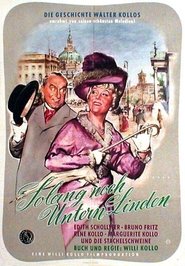detail profile ren c3 a9 kollo
Peran Yang Di Mainkan René Kollo
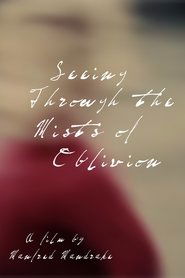 After the end of civilization an...
After the end of civilization an...Seeing Through the Mists of Oblivion 2023
After the end of civilization, an aged man undergoes a mysterious journey through space and time that takes him through memories, visions, and historical events, ultimately transcending the limitations of the senses and into a new cosmic rebirth.
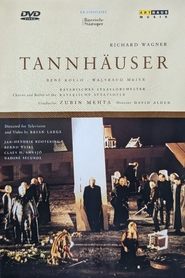 David Aldens production of Wagners grand...
David Aldens production of Wagners grand...Wagner: Tannhäuser 2015
David Alden's production of Wagner's grand romantic opera was recorded at the National Theatre in Munich, with Bayerische Staatsoper, in September 1994. Shot over three days by leading opera director Brian Large, this recording benefits from the ideal technical conditions made possible by a closed session. Alden, one of the most iconoclastic interpreters of classical opera, stirs up the visionary, erotic, and archetypal elements in Wagner's work. The cold, forbidding aspect of the stylized and predominantly monochrome sets and costumes by Roni Toren and Buki Shiff manifests the strait-jacket of tradition from which Tannhäuser seeks to free himself in this powerful opera.
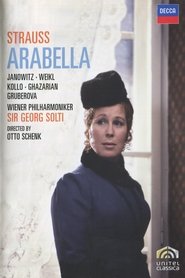 Sir Georg Solti leads the Wiener...
Sir Georg Solti leads the Wiener...Arabella: Wiener Philharmoniker 2008
Sir Georg Solti leads the Wiener Philharmoniker in this intimate film of Strauss's comedy of manners. Using traditional sets and costumes, this is the only film version available of this opera. A talented cast includes Gundula Janowitz, Edita Gruberova, Bernd Weikl and Rene Kollo.
 Take a perfect cast a great...
Take a perfect cast a great...Tristan und Isolde 1983
Take a perfect cast, a great conductor and a groundbreaking staging in-out makes a 'Tristan' for eternity. The 1983 performance in Bayreuth was a great moment for the world of opera. The ensemble performance of René Kollo, Johanna Meier and Matti Salminen with, then as now the Wagner admirer, Daniel Barenboim conducting the Bayreuth orchestra inspired singers and instrumentalists to peak performance. Jean-Pierre Ponnelle created a dream-beautiful stage.
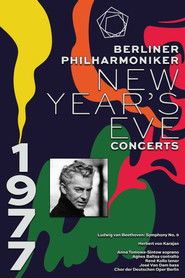 The annual New Years Eve Concert...
The annual New Years Eve Concert...The Berliner Philharmoniker’s New Year’s Eve Concert: 1977 1977
The annual New Year’s Eve Concert is one of the highlights in the calendar of every classical music fan in Berlin and beyond. On New Year‘s Eve, the Berliner Philharmoniker invite an exceptional soloist for a festive gala. Together, the musicians bid farewell to the old year and welcome the new. The 1977 concert was conducted by Herbert von Karajan and featured Ludwig van Beethoven's Symphony No. 9 and the Chor der Deutschen Oper Berlin.
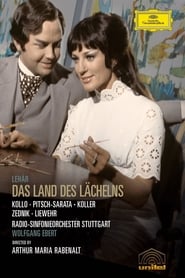 Lehars The Land of Smiles touches...
Lehars The Land of Smiles touches...The Land of Smiles 1974
Lehar's The Land of Smiles touches the heart as it provides unforgetable melodies from start to finish. There are no weak links in the cast. Too often, we think of operetta as musical fluff, tired cliches, and obligatory dance scenes when things start slowing down. Not so in this classic operetta. We feel the pain of loss suffered by the two main characters, who make their roles natural and believable. There is more to this work than "Yours Is My Heart Alone." There is dramatic consistency and people you find yourself caring about as much as the music, the costumes, and the colorful sets.
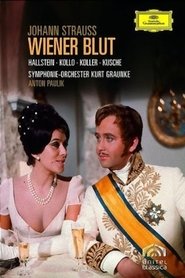 An operetta with music by Johann...
An operetta with music by Johann...Wiener Blut 1972
An operetta with music by Johann Strauss II. However, he did not see the premiere. Wiener Blut is set at the time of the Congress of Vienna, 1814-1815, an international conference that sought to settle Europe after the upheavals of the Napoleonic Wars, and follows a traditional operetta plot full of mistaken identities. Count Balduin Zedlau, ambassador of the tiny court of Reuss-Schleiz-Greiz, is posted to Vienna. Count Zedlau is married but a real Don Juan always looking for a new encounter. Many of Strauss' compositions are used in the operetta although he did not specifically composed them for the operetta.
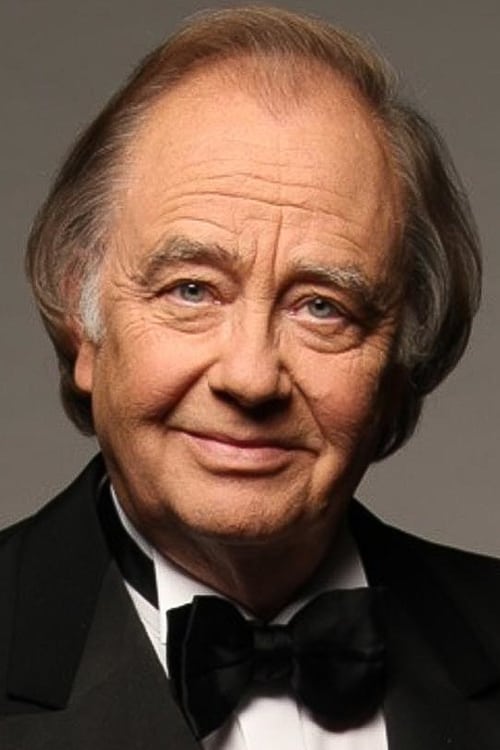
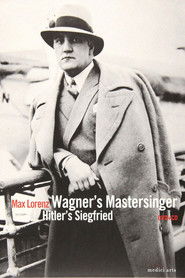
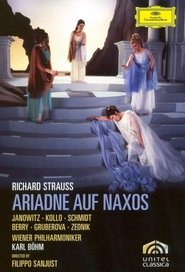 Opera in one act with prologue...
Opera in one act with prologue...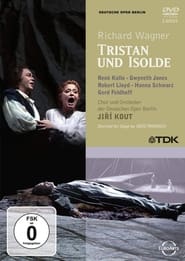 Wagners erotic opera in a production...
Wagners erotic opera in a production...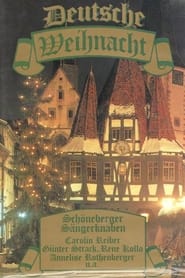 A german christmas video tape accompanied...
A german christmas video tape accompanied...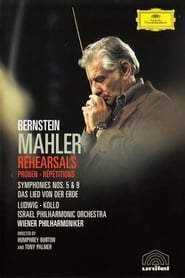 Four Ways to Say Farewell is...
Four Ways to Say Farewell is...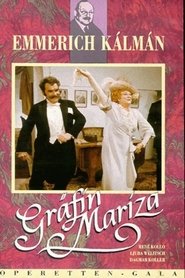 A countess paying a rare visit...
A countess paying a rare visit...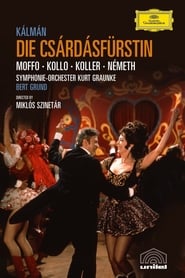 Klmn Imres beloved operetta comes to...
Klmn Imres beloved operetta comes to...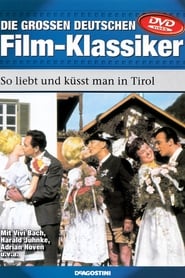 A music comedy by Franz Marischka
A music comedy by Franz Marischka